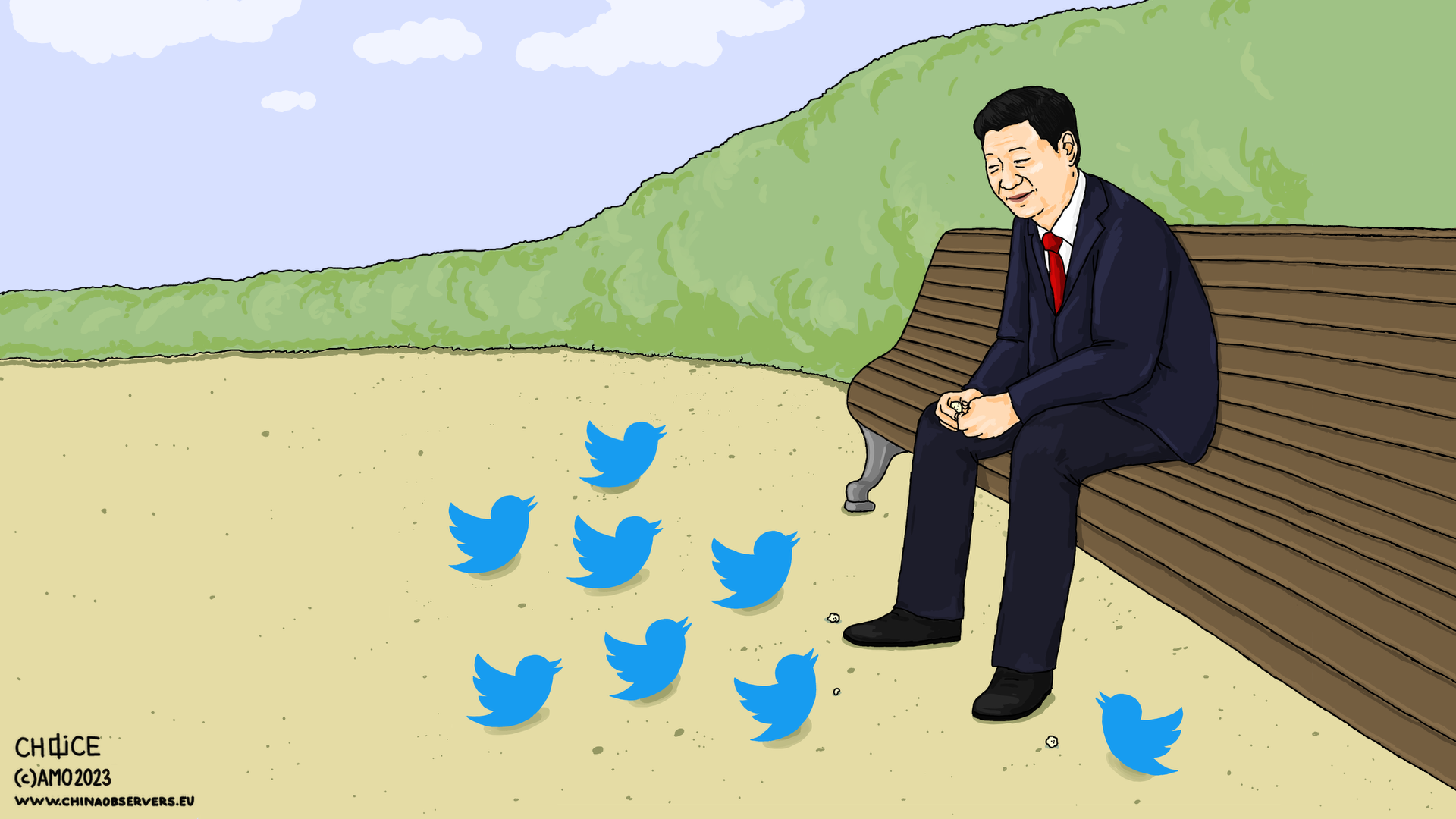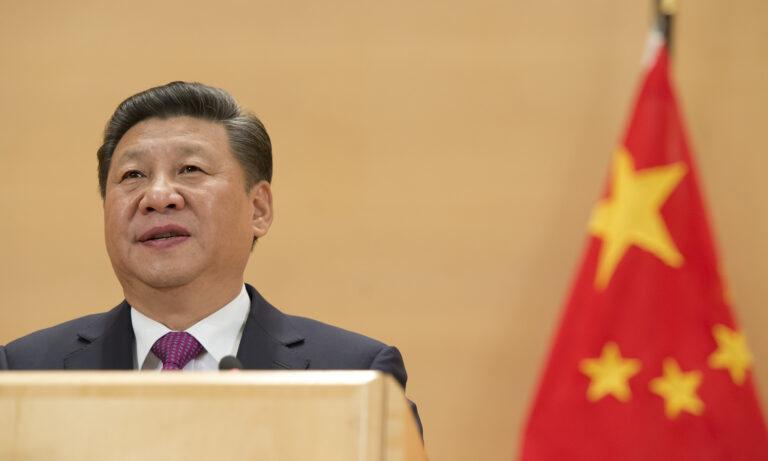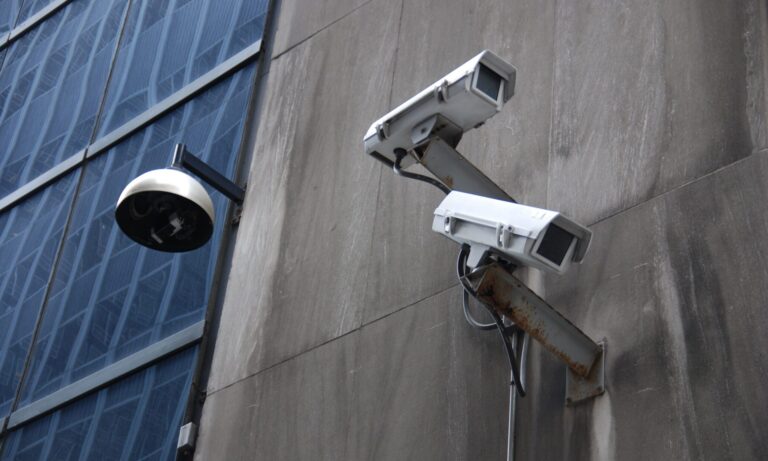
Changes in Twitter moderation policies and controversial management decisions open doors for Chinese propaganda on the platform.
In early June, Elon Musk made a trip to China, paying a visit to his “highest quality” Tesla factory based in Shanghai, the largest company plant outside the US. Musk also met with several Chinese officials, including ministers of foreign affairs, technology and commerce and also the provincial leader of Shanghai.
Based on the press releases, the core of discussions revolved around Tesla’s electric vehicles business but also the US-China relations. Yet, whereas the influence of the world’s richest person on the Sino-American relations might be limited, Musk already has a significant tool in play that China is interested in leveraging – his ownership of Twitter.
Freedom of Speech à la Musk
With approximately 450 million active users, Twitter serves as a crucial platform for shaping the global discourse. In November 2022, Elon Musk bought Twitter, declaring the aim to make it a “platform for free speech around the globe.” In reality, Twitter is increasingly becoming a safe haven for right-wing extremists as well as state actors spreading propaganda and disinformation, such as China, Russia, and Iran.
Despite Twitter being officially banned in China, Chinese officials view this platform as an important channel to share information and communicate with external audiences. As China’s image globally has taken significant damage over the past years, first due to the suppression of Hong Kong protests and human rights abuses, followed by the onset of the COVID-19 pandemic, Beijing has used Twitter as one of the tools to try to alter the global discourse on China and other issues of importance for the Communist Party leadership. This has manifested in a mushrooming of a number of China-linked accounts on the platform since 2019.
A new research by the MapInfluenCE project shows that in Europe, the activities of the Chinese embassy-linked accounts still to a large extent lack coordination and the accounts often serve merely as one-way channels for communicating China’s official positions and spreading the positive image of China, its society, economy, culture and the government’s domestic policies. However, China-linked accounts have also managed to gain engagement when inserting themselves into domestic debates or spreading anti-US content, including disinformation on Russia’s war on Ukraine. Moreover, China’s activities on the platform might receive a boon under the new developments inside Twitter itself.
Under Musk’s leadership, Twitter has been prone to respect government requests to block selected accounts, as shown in the case of Turkey and the blocking of Erdogan’s opposition ahead of the elections, and in India, where the platform removed tweets mentioning a BBC documentary critical of the Indian Prime Minister, Narendra Modi.
In the past, Twitter has been frequently pressured by authoritarian governments to respect their censorship measures. Twitter sued Turkey several times, such as in 2014 when Ankara banned access to Twitter and a Turkish court reversed the decision. However, the cases above illustrate that Musk has followed a more government-friendly approach. According to estimates, Twitter complied with 80 percent of government requests to restrict certain accounts in the last six months, whereas it amounted to about 50 percent before the change of ownership. On the issue of Turkey, Musk tweeted that this decision was taken to keep the government there from restricting access to Twitter entirely. Compliance with these requests suggests that Twitter is ready to accede to authoritarian demands to police discourse within their borders but also beyond.
Moreover, extensive staff cuts have limited Twitter’s ability to efficiently enforce its own policies and moderate the content on the platform. For example, the dismissal of the Twitter team detecting automated accounts has put into question Twitter’s capabilities to detect Chinese-language spam and disinformation content. As evident during protests against severe COVID-19 pandemic measures which spread across China in November 2022, Chinese-language spam widely circulated on Twitter, thwarting access to relevant information.
Twitter also decided to restrict free access to Twitter API (Application Programming Interface), which was widely used for research on social media behavior and the detection of disinformation. Since March 2023, the most affordable access at $100 a month only allows to collect 10,000 tweets per month, compared to the millions available previously, depending on the kind of the account. This will likely impact many research projects relying on huge amounts of Twitter data and also the functioning of Twitter in the long-term as the research findings might have helped to update algorithms to improve disinformation detection or identify an information operation that might have escaped the platform’s mechanisms.
Blurring the Origin
Twitter has also made reversals on several decisions that it has taken before to curtail the spread of state-sponsored content. From 2020 until recently, Twitter algorithms did not promote content published by state-affiliated accounts, significantly limiting their reach. However, DFRLab’s research suggests that this policy ended as the reach of the state-affiliated accounts significantly rose since the end of March, along with the number of followers.
Another issue concerns the labeling of state-sponsored content. Similarly to other social media platforms, such as Facebook, Twitter previously labeled the accounts of state-affiliated media, journalists and government-affiliated officials not using their profiles solely for personal purposes. The labelling policy changed several times in spring 2023, resulting in the complete removal of these labels, which previously contributed to Twitter users being more reluctant to engage with the state-affiliated content, limiting its reach.
Moreover, while the verified accounts were originally assessed based on their behavior, limiting the reach of inauthentic accounts and hinting at relevancy of each account, the current ‘Twitter blue’ mark is dependent on a monthly subscription. Prioritizing income for the financially struggling company over authenticity of accounts creates an opportunity to flood the network with information campaigns. Several Chinese media and officials have already paid for Twitter blue, such as Global Times, People’s Daily, and Xinhua, and Chinese Ambassadors to the EU and the South Africa and therefore enjoy a priority display in other user’s timelines.
To draw a full picture, Twitter has also newly introduced grey checkmarks to label multilateral and governmental institutions and affiliated officials. However, at this moment, only a handful of Chinese diplomats are labeled, and such an approach completely disregards state-affiliated media and journalists, which in China’s case, belong among the most active accounts spreading government sanctioned messaging. For instance, CGTN is currently operating about twenty eight Twitter accounts with different regional and language focus.
Last but not least, the owner of Twitter himself has been happy to share comments on his account (currently heavily promoted by Twitter’s policies). This is especially important as some of his previous remarks aligned closely with the positions of the Chinese government, such when he opined that Taiwan should become China’s special administrative zone, similar to Hong Kong. It is clear that Musk’s sizeable business engagement in China is creating a conflict of interest, one that seems to be resolved in China’s favor.The shifts in Twitter content moderation and verification policies were also criticized by the European Commission, as they do not comply with the Code of Practice on Disinformation. These regulations require social media platforms to issue reports regarding combating disinformation. Already in 2023, Twitter faced criticism due to providing an incomplete report, lacking data and information regarding plans to cooperate with fact-checkers. Even though Twitter has withdrawn from the code, it will become binding in August as part of the new digital rules. Failing to comply with the law may result in fines or even complete ban in case of repeated offences. Therefore, even as Twitter has been making it easier for state-linked actors from the authoritarian government to use it as platform to spread their propaganda, it may eventually hit a wall, risking its reputation but also long-term survival.
Written by
Veronika Blablová
Veronika Blablová is an analyst at CEIAS.


